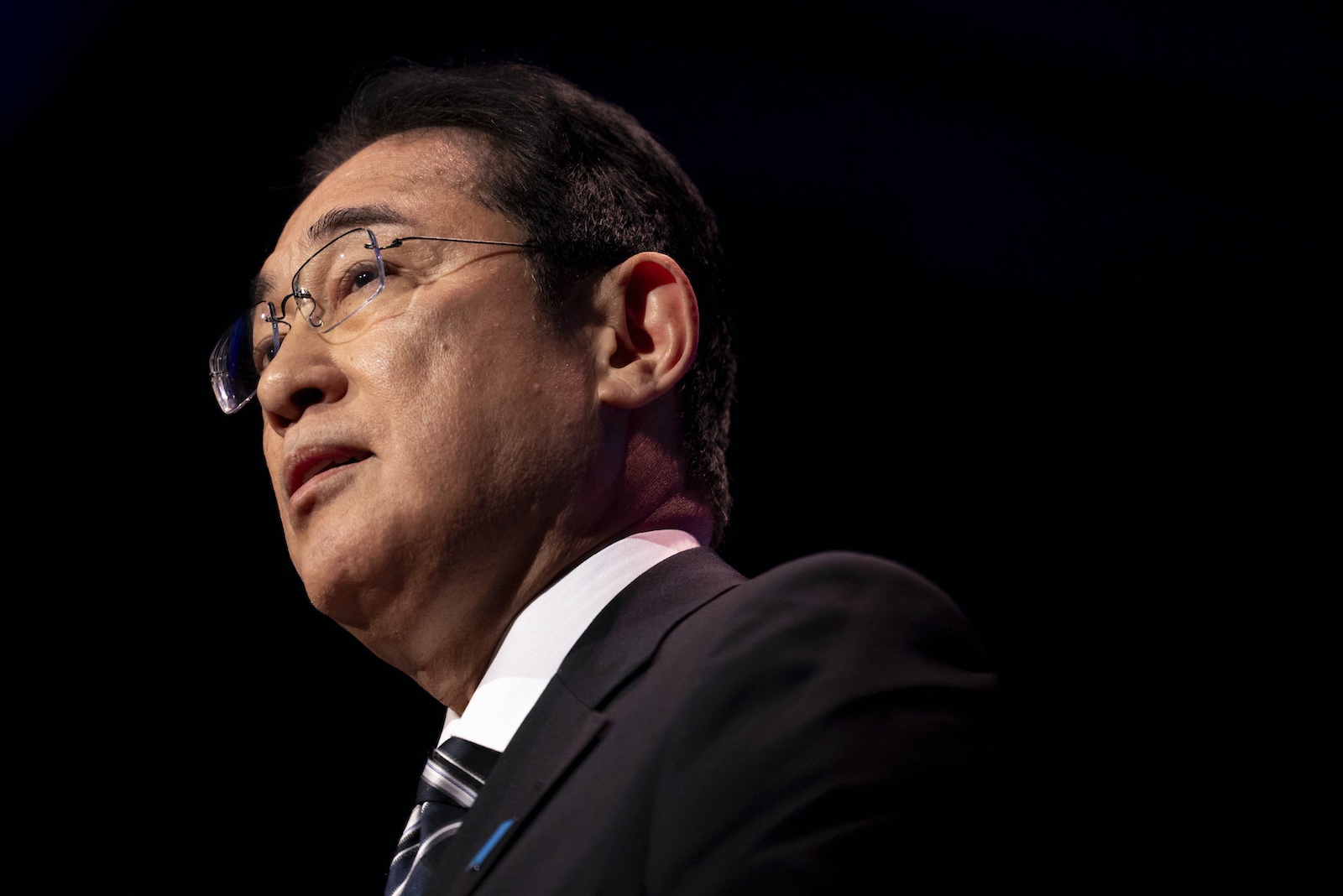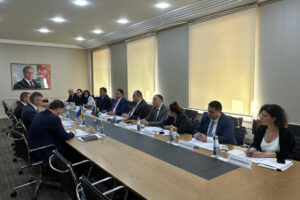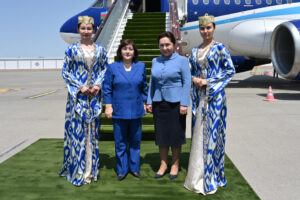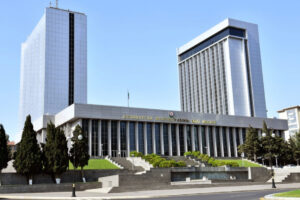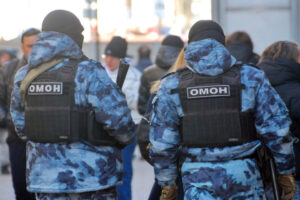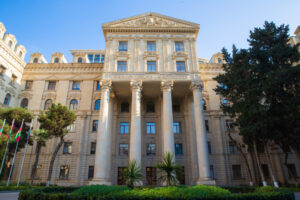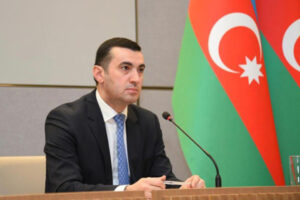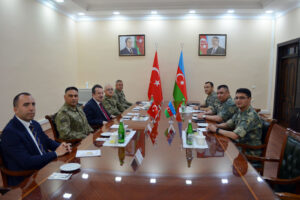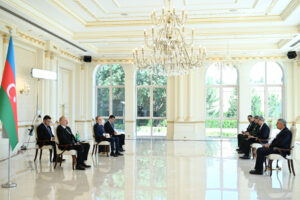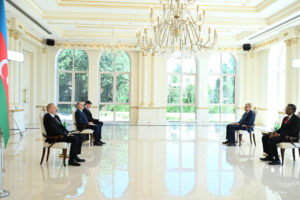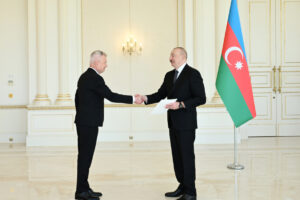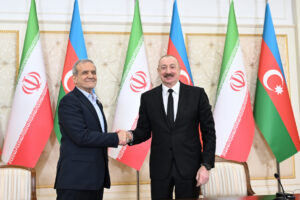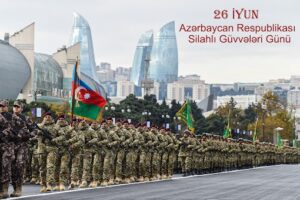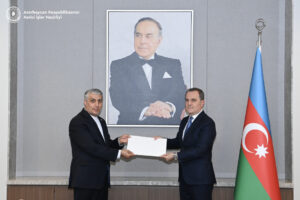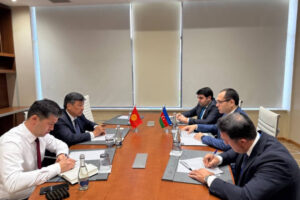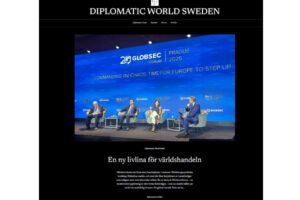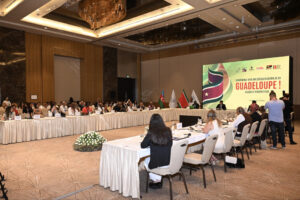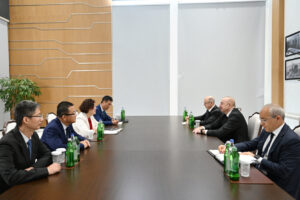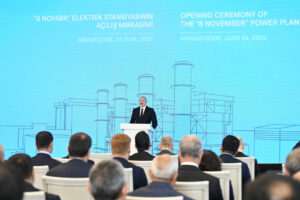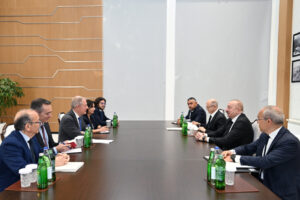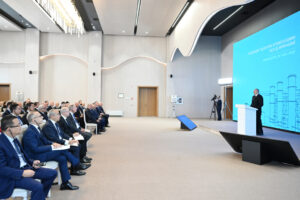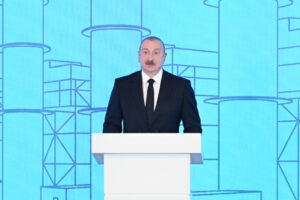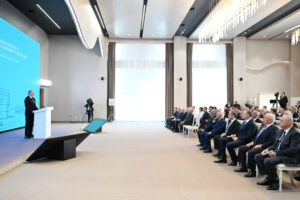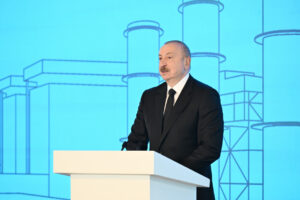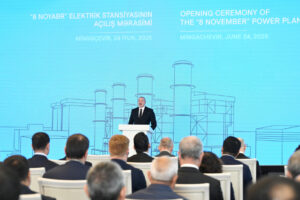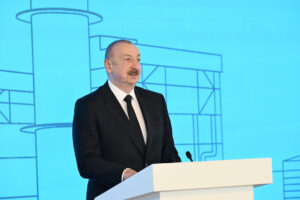Tokyo, 12 June, /AJMEDIA/
Prime Minister Fumio Kishida on Wednesday left Tokyo for Italy to attend a Group of Seven summit where the Japanese leader intends to lead discussions on China’s growing military assertiveness in addition to other security and economic issues.
During the three-day summit from Thursday in Fasano in southern Italy, Kishida will direct discussions on the situation in the Indo-Pacific region, including North Korea, as a “lead speaker” at a G7 session focusing on the topic, a Japanese government official said.
The G7 leaders will exchange views on various global challenges, such as the ongoing wars in Ukraine and the Middle East, as well as artificial intelligence, asylum seekers and economic security, according to the official.
After participating in the G7 summit, Kishida is scheduled to head to the central Swiss resort of Burgenstock on Saturday to join a two-day international gathering to discuss ways to achieve peace in Ukraine before wrapping up his five-day trip.
“Taking into account the idea of upholding and reinforcing a free and open international order based on the rule of law and collaboration with partners beyond the G7, I hope to discuss” a number of global challenges, Kishida told reporters before leaving Tokyo.
The G7 talks come as the world’s leading democracies have taken a firmer stance against Beijing’s provocative activities in the East and South China seas and Russia’s ongoing invasion of Ukraine.
China’s military activities around Taiwan, which Beijing regards as a renegade province to be reunified with the mainland by force if necessary, are one of the most serious security concerns for Japan due to its proximity to the self-ruled democratic island.
In the South China Sea, Beijing’s coast guard ships have also recently used water cannons against Philippine vessels near disputed shoals. China claims sovereignty over almost the entire sea, home to some of the world’s busiest shipping lanes.
The G7, composed of Britain, Canada, France, Germany, Italy, Japan and the United States, plus the European Union, will reaffirm their opposition to any attempts to change the status quo by force, the official said.
On the economic front, the excess production of Chinese electric vehicles, solar panels and other products aided by government subsidies is expected to be brought up, as Beijing has been urged to rectify business practices that are considered unfair by rival nations.
Pyongyang’s missile and nuclear programs, along with its intensified military cooperation with Russia in which it has transferred missiles for use in the Ukraine war, have been posing a threat to the international community.
As for Ukraine, all eyes are on whether the G7 can reach a conclusion on the potential utilization of profits from Russian assets frozen as part of economic sanctions to assist Kyiv.
The G7 members, meanwhile, have been struggling to deal with the conflict between Israel and Hamas sparked by the Palestinian militant group’s surprise attack in October last year and a subsequent long-running Israeli military campaign in response that has created a humanitarian crisis in the Gaza Strip.
At the “Summit on Peace in Ukraine” in Switzerland, Kishida is set to express Japan’s commitment to supporting reconstruction efforts in Ukraine, including contributions to minesweeping and agricultural initiatives, a government source said.
Kishida is also likely to hold bilateral talks with Ukrainian President Volodymyr Zelenskyy and leaders from other nations on the sidelines of the two summits, the source added.
© KYODO

